Bespoken Word – reframing mountain biking
Guy Kesteven reports back from the first of many discussion meetings designed to tackle a lot of the issues that mountain biking needs to work on if it’s going to move forward and grow even more
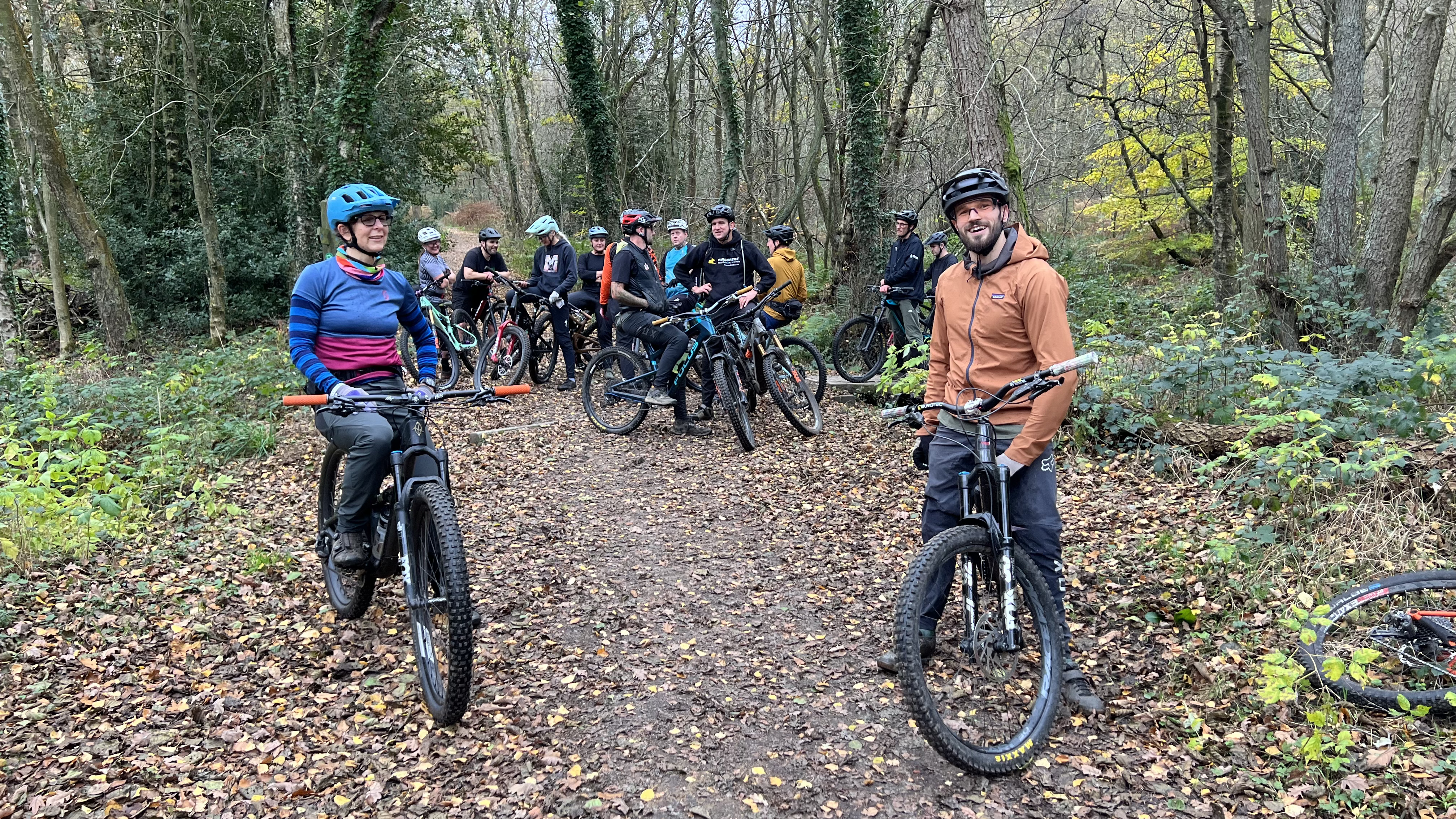
It’s funny how things escalate. Thanks to Henry from the Ride Sheffield trail group, what started as a ‘let’s get together for a ride and a chat’ conversation with him and Chris from Downtime podcast rapidly expanded into a full day of discussion under the broad title ‘Moving Mountain Biking Forward’. And not just between us but a whole load of brilliant bike folk from brands, advocacy and trail building groups, trail centre managers, diversity campaigners, MTB researchers, assorted influencers/agitators, cycling charities and media as well as land managers, council cycling officers, Natural Resources reps from Welsh Government and even Forest Enterprise. Or to put it another way, exactly the cross section of people who could make a really big difference to how the future of mountain biking in a whole range of better directions.
Framing the meeting
A morning ride from the excellent JG Graves Woodland Discovery Center (who hosted the Rapha underwritten meet) took us up to the hugely popular crowd and industry funded, Ride Sheffield created trails of Lady Canning’s Plantation on the edge of the city. Then it was out onto the open moors of the Peak District before dropping down the infamous ‘Devil’s Elbow’ bridleway descent which is largely maintained by Ride Sheffield. A great way to boost an already positive mood among everyone there by proving what could be done with the right kind of patience, focus, engagement and effort.
For the rest of the afternoon it was a series of presentations and then working groups which made me feel way more like a grown up than I’m normally comfortable with. The amount of energy, passion and ideas flying around the groups and the whole gathering when we came back to open discussion was awesome though. Eyes were opened to how illegal trails look from the perspective of a forest manager who is already dealing with a multi million pound legal claim from a rider seriously injured on an unsanctioned section. What it’s like to approach the pale, male world of mountain biking as a member of a minority or if you don’t identify as a rad lad. Or the agonizingly slow, patience stretching, burn out that is the uphill struggle of trying to get a new downhill trail built or at least declared official by landowners.
But even though there are clearly more obstacles to progress than the average trials riding course, what was clear is that we all relished that idea of challenge rather than trying to find a short cut or bury difficult issues we didn’t want to try and negotiate. You know, like actually riding the trail and getting satisfaction from it, not moving rocks or straight-lining corners just to make things easier or make yourself look ‘better’ on Strava/social media.
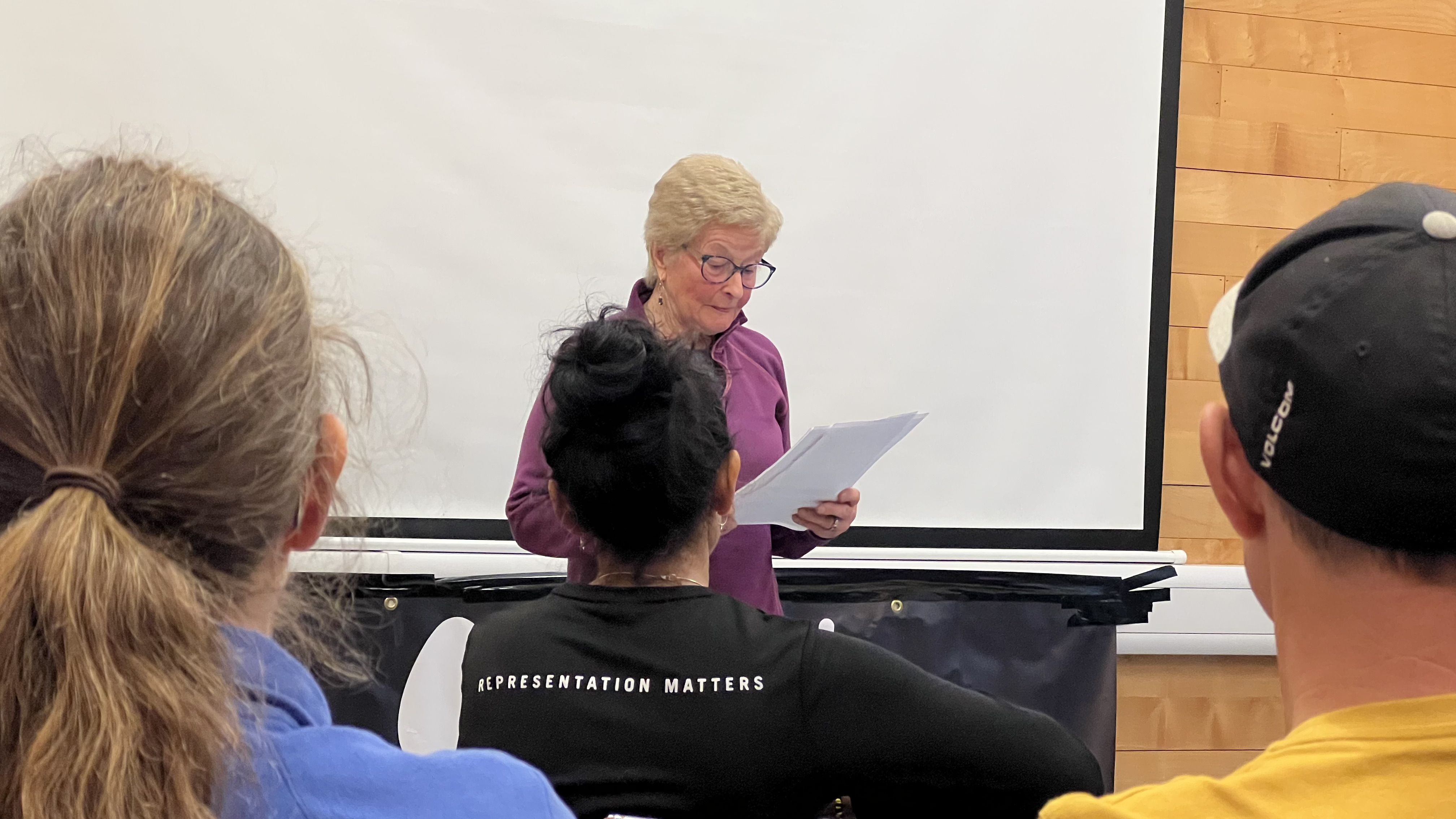
Where are we now?
What was really eye opening was the amount of data already collected – and being collected going forward – on mountain bike use patterns and trends. Some of which was really interesting – if not surprising – in terms of what MTB media tends to concentrate on compared to who is riding what and where. That in turn raised questions from Hannah from Singletrackworld about how we should represent mountain biking going forward so it tells a similarly positive ‘Google snapshot’ story to the much more stage managed representation of a sport like ski-ing. I learnt why advocacy is a weaker word to use than representation and why activity sounds a lot more welcoming to a lot more people than exercise. We heard how important demographic and geographic factors could be in the growth and diversity of local mountain bike communities. But also how just opening up access doesn’t necessarily encourage the noticeable increase in people riding off road that you might hope/expect. In contrast, creating groups, events and chasing engagement is incredibly powerful, particularly if you’re reaching out to people who might otherwise sidelined. Something shown by the brands like Juliana, Cotic and Hope who are getting disproportionately good recognition and resulting sales by creating women’s community events that are totally genuine not just tokenism.
All stuff that often made perfect sense when you heard it, but somehow you hadn’t thought much about it before. Probably because in my case as a middle aged white bloke with an outdoor using, adrenaline hunting history I’m smack bang in the center of the dominant MTB gene pool. And because I basically mountain bike to feel like I’m eight-years-old again. When having dumb fun in the woods was a priority and thoughts about gender, inclusivity, public image and potential legacy effects of what I was doing really didn’t register.
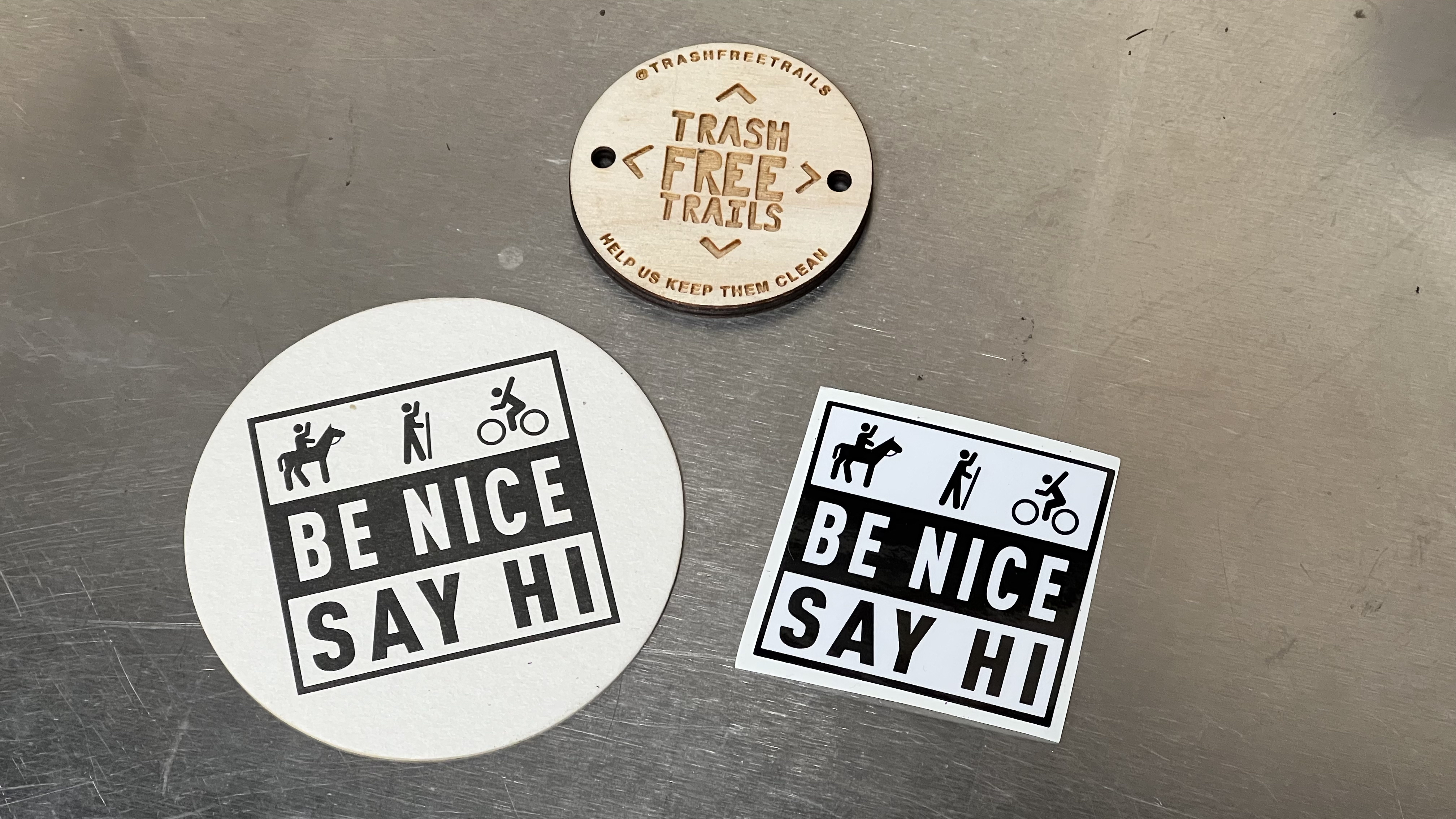
Where are we going?
Just like riding singletrack, looking at the bigger picture will always get you a richer, more rewarding experience than just staring at your front wheel though. That’s why I’ve always wanted to be part of addressing those issues when I can and meetings like this have to be a major part of that. Because while mountain bikers are notorious for making cats look easy to herd when it comes to getting them into large associations, the more we co-operate and align campaigns, the bigger the tasks and issues we can tackle.
Getting together and talking about this stuff massively enriches the possibilities and potential of the sport/recreation/hobby. I mean the fact I don’t even really know what to call what I’ve been doing for decades is surely a sign of how backwards we are in moving forwards. But whether its talking about the potential to add simple ‘code of conduct’ stickers to bikes or into every component package with the chap from Rotate bike park, or learning about the amazing work being done at a significant political level by Aneela McKenna from Mòr Diversity in Scotland, there’s so much to learn and work with. I even owe British Cycling an apology for not properly understanding and researching just how much they’ve done in terms of growing grass roots mountain biking and get behind groups like Colour Collective. That’s something I’m hoping to set right with a deeper dive beyond what I hear from their the track and race obsessed press office too.
And I guess at this stage that’s the best thing to pull out of the progress so far. That individually we certainly don’t know it all, and what we do know can always be increased or have a different light shone it. That talking to other people – or more importantly – listening to other people is always incredibly valuable in terms of opening up possibilities.
Realizing that other ideas, groups or ways of riding aren’t a threat to what we do, but an opportunity for expansion and enrichment that can only be an awesome thing for mountain biking. Not just in terms of growing to a similar broadly representative footing as running or the wider fitness industry. But by growing and nurturing a cycling population that’s grown massively during the pandemic and primed to explode to a whole new level. And that can be measured in terms of not just people on bikes, but money in tills of shops, local accommodation providers and all the other things that prove that mountain biking is a really lucrative cash crop. And to be honest that’s something that I think wasn’t pushed hard enough at the meeting and that in general we should be a lot more proud of what mountain biking can bring to the outdoor world table, not approach it apologetically.
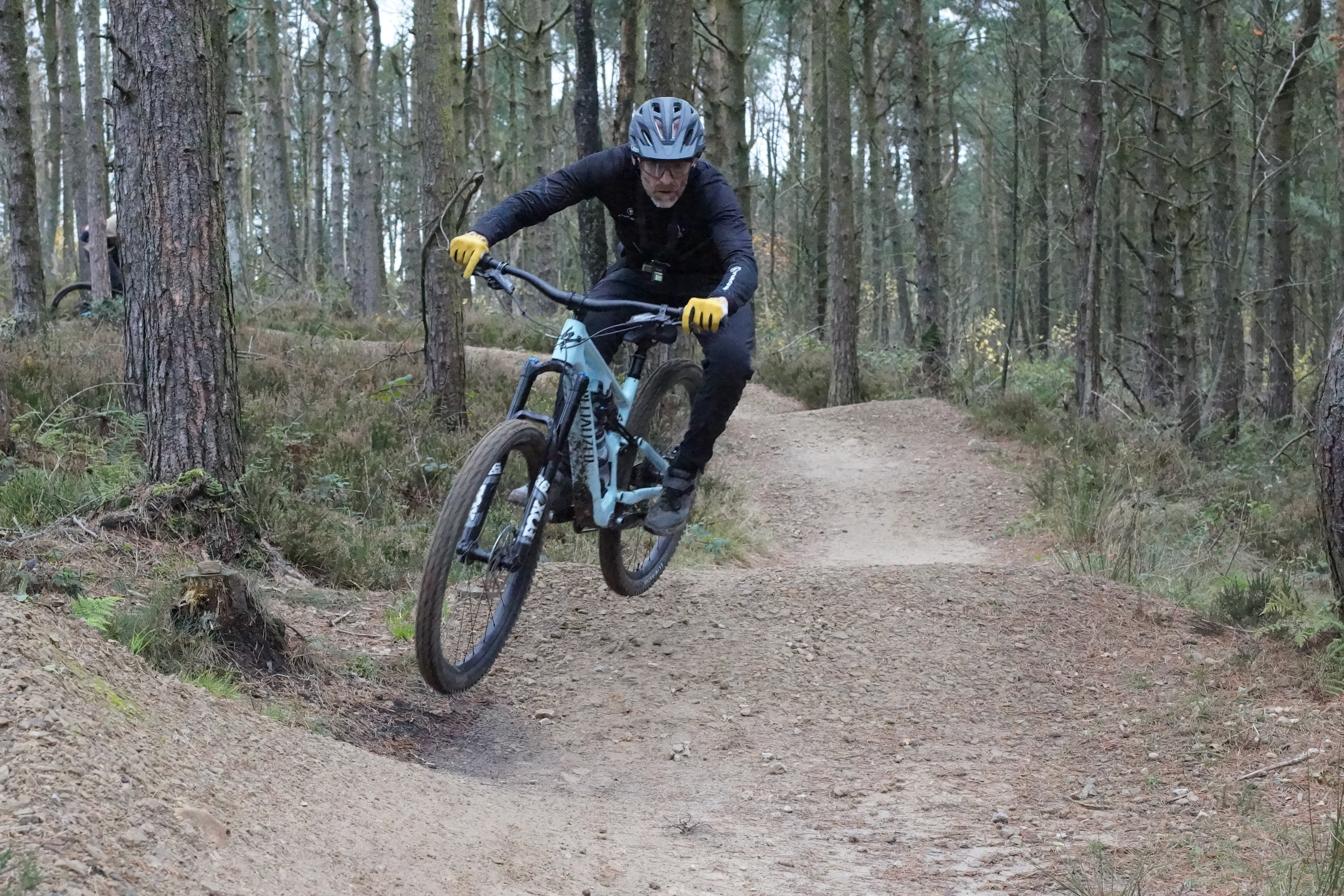
What can you do?
But as Aneela said with her characteristic pragmatism, what we need from here on is action not just words. So while it might take a very long time to move big projects or even small bits of trails forwards officially and we may never see a united mountain biking front (even Sheffield has a lot more local MTB groups than just Ride Sheffield) we can all do something ourselves to push things in the right direction.
So “Be Nice, Say Hi” on the trail get involved in local trail building or general community groups, pick up rubbish, make everyone feel welcome not intimidated at trailheads, respect other users and just be a good ambassador – and if needs be – educator to whoever you meet when you’re out on the bike.
In fact, just be a good human in general, using your skills and resources to help those doing good things. And if while you're doing that they find out you're a mountain biker then you might reset a lot of prejudices without even realizing it. That certainly happened when I got involved in helping the local conservation group, doing a jump arithmetic based maths presentation at my kids primary school and helping out with essential wrenching and pumping when the local Brownie troop my friend ran organised a bike night.
Because while “moving mountain biking forward” will definitely happen faster and have more power if we group together, every positive pedal stroke and connection we make as individuals can be a really big help as well.
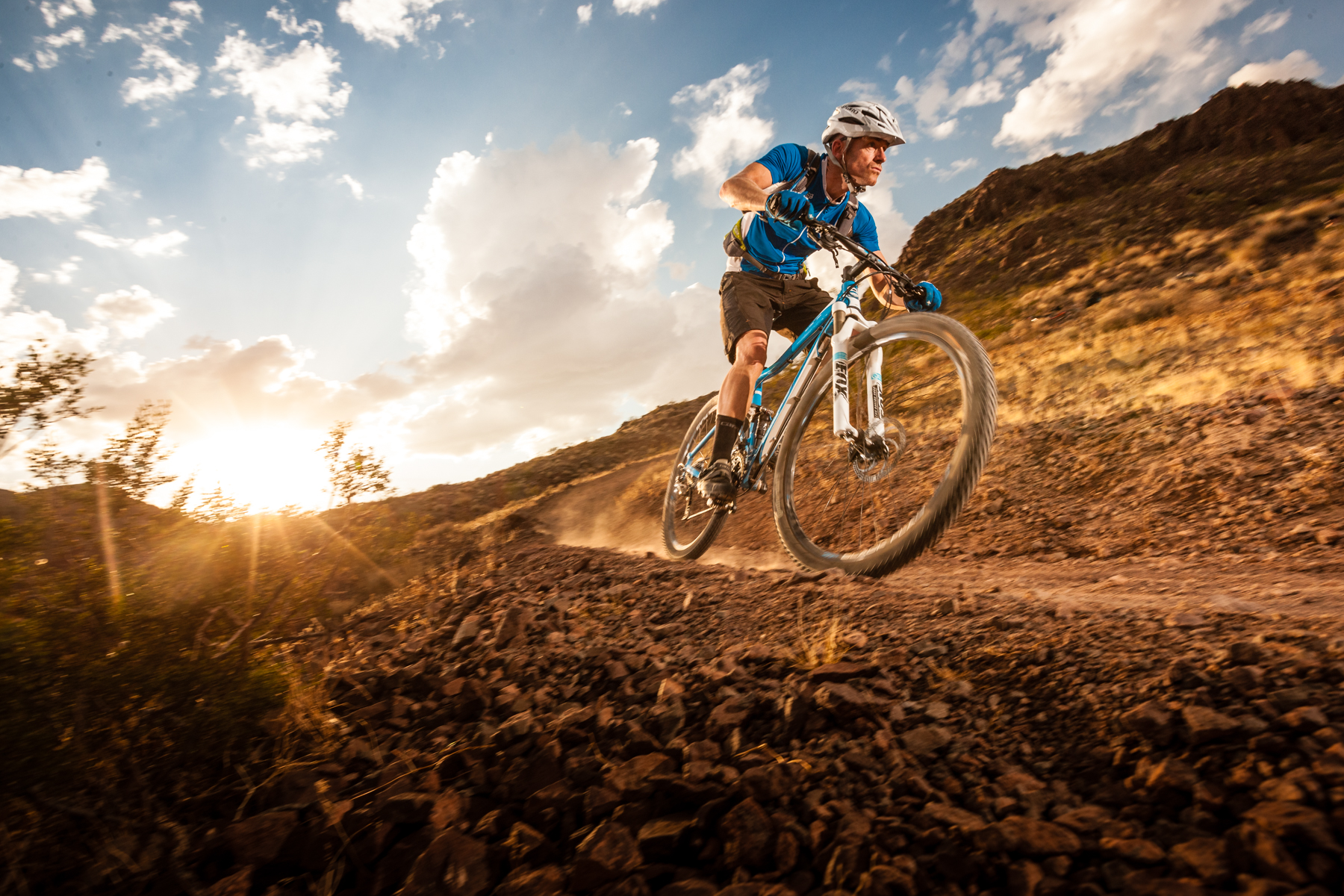
Guy Kesteven has been working on Bike Perfect since its launch in 2019. He started writing and testing for bike mags in 1996. Since then he’s written several million words about several thousand test bikes and a ridiculous amount of riding gear. He’s also penned a handful of bike-related books and he reviews MTBs over on YouTube.
Current rides: Cervelo ZFS-5, Specialized Chisel, custom Nicolai enduro tandem, Landescape/Swallow custom gravel tandem
Height: 180cm
Weight: 69kg
